HARRIET WILSON
-
SEPTEMBER 4
1781—The city of Los Angeles is founded by 44 settlers of whom 26 were Black. This little known fact of history is found in H.H. Bancroft’s authoritative “History of California,” which details the ages, races and genders of the city’s founding fathers and mothers.
1957—Nine Black students are banned from Central High School in Little Rock, Ark., by Gov. Orval Faubus. The move makes him a folk hero among White supremacists but sets in motion a major conflict with the federal government. President Dwight Eisenhower is forced to call out 1,000 federal troops in order to force the eventual integration of the school.

1981—Popular recording star Beyoncé Knowles is born on this day in Houston, Texas.
-
SEPTEMBER 5
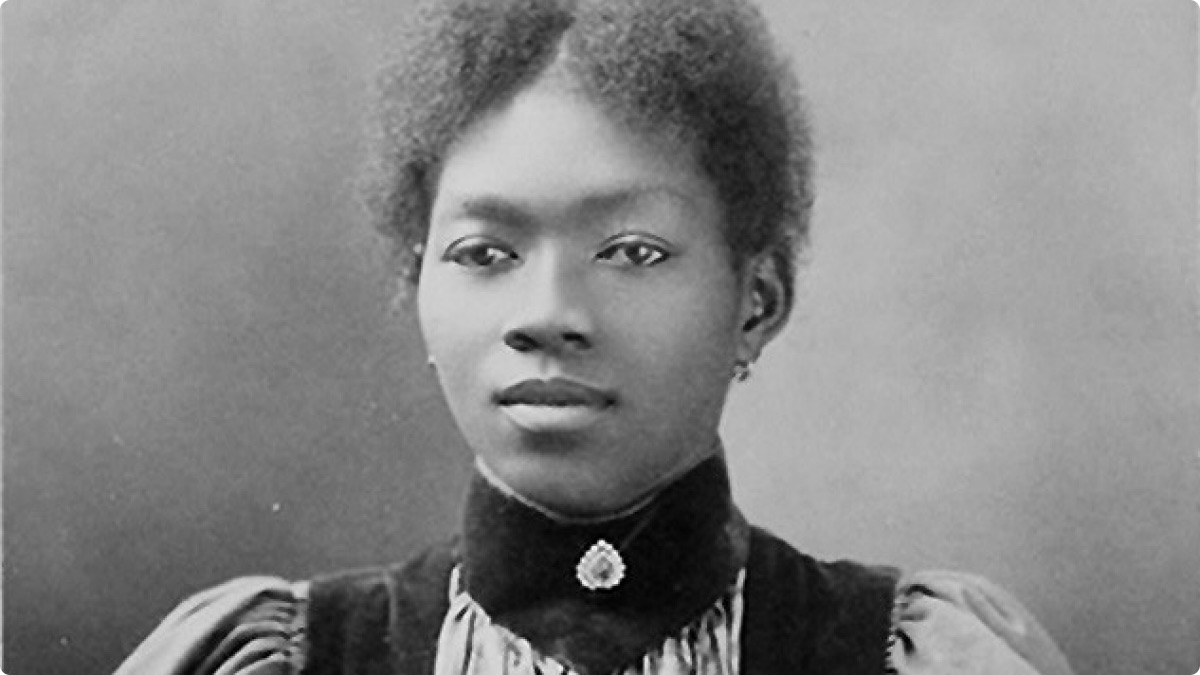
1859—The first novel written by a Black woman is published in the United States. The woman was Harriet Wilson and the novel was entitled “Our Nig: Or Sketches from the Life of a Free Black.” The novel was lost for years until reprinted with a critical essay by Black scholar Henry Louis Gates in 1982. The novel, which may have been a bit autobiographical, centers on the life of “Frada”—a Black indentured servant who was physically and emotionally abused by her owners.
-
SEPTEMBER 6
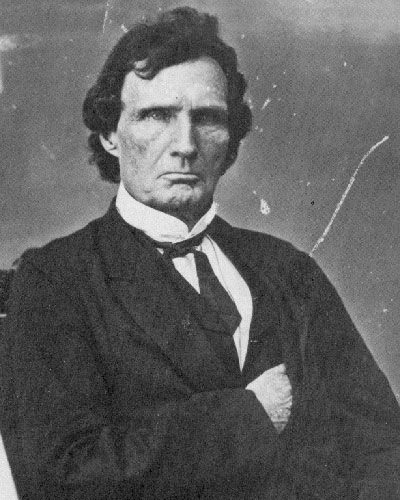
1865—One of the great White heroes of Black history, Pennsylvania Congressman Thaddeus Stevens, first proposes an addition to the Freemen’s Bureau Act which would have required the confiscation of land from former slave owners and the redistribution to former slaves in “40 acre lots.” Although Stevens was at the time the most powerful person in the U.S. Congress and a friend of Blacks, he was unable to get the measure passed. The so-called “40 acres and a mule,” which promised to aid Black economic development after slavery was defeated in Congress on Feb. 5, 1866 by a 136 to 36 vote. The lopsided nature of the vote reflected lingering pro-slave owner sympathies in the Congress and a general lack of support for the freed slaves.
-
SEPTEMBER 7
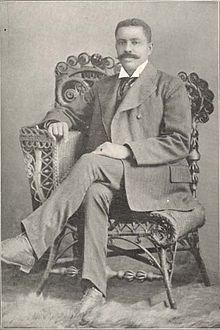
1859—John Merrick, co-founder of the North Carolina Mutual Life Insurance Company was born on this day in 1859. He would help make the Durham, N.C., based firm the largest Black controlled insurance company in the nation. Merrick was born in Clinton, N.C. He died in 1919.
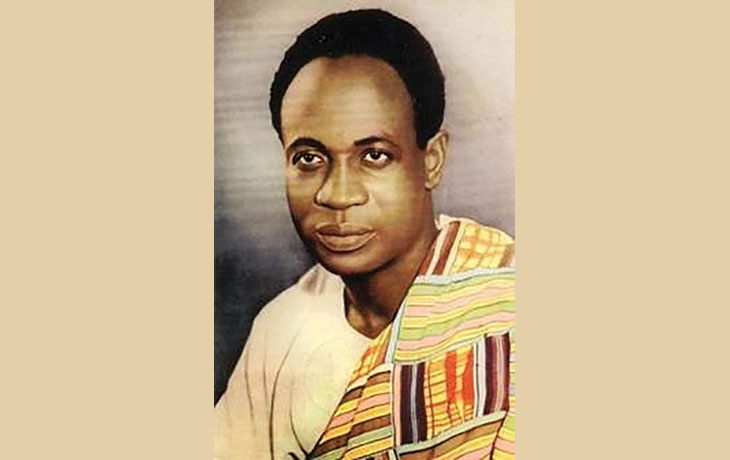
1957—Ghana becomes the first African country to break from White colonial rule and become an independent nation. The West African nation, once known as the Gold Coast, was led to independence by the dynamic Pan-Africanist Kwame Nkrumah. He championed the slogan “Africa for the Africans” and encouraged the participation of Blacks throughout the world in building a strong and free Africa. However, the U.S. educated Nkrumah would be overthrown in a military coup in 1966. He befriended American activists ranging from W.E.B DuBois to Martin Luther King Jr.
-
SEPTEMBER 8
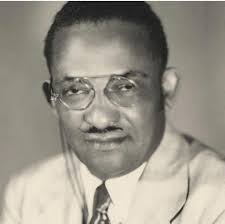
1925—On this day in 1925 a series of events are set in motion which would lead to one of America’s periodic trials of the century. In this case, prominent Black doctor Ossian Sweet moves into an all-White neighborhood in Detroit, Mich. The following day a crowd of nearly 1,000 angry Whites gather around his home in a bid to force him out. Sweet had anticipated trouble and had 11 family members and friends in the house to help defend his property. A shot rings out from the Sweet home killing one member of the angry mob. All 11 persons in the Sweet home are charged with murder. The family is defended by Clarence Darrow—one of the nation’s best known and most progressive lawyers. Sweet’s brother admits to firing the deadly shot, but Darrow convinces an all-White jury he acted in self-defense and they found him not guilty. Charges are then dropped against all the others. Sweet would later write “I have to die a man or live a coward.”
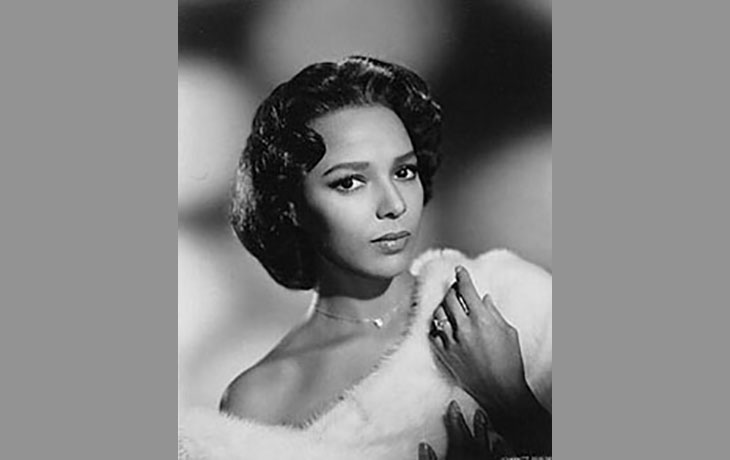
1965—Dorothy Dandridge, perhaps the most prominent African American actress of the 1940s and 1950s, commits suicide in Los Angeles, Calif. She had been suffering from a host of financial and emotional problems. In the early years of her career, she starred in a number of so-called “race films” oriented at Black audiences, but Hollywood “discovered” her and expanded her roles while simultaneously subjecting her to various forms of discrimination. Nevertheless, she would become the first Black actress nominated for an Academy Award in the Best Actress category. She was only 42 when she died.
-
SEPTEMBER 9
1739—The so-called Stono, S.C., slave revolt begins. It was led by a slave from Angola named Jemmy. The group gathered near the Stono River about 20 miles from Charleston and began a march and insurrection, which resulted in the deaths of at least 25 Whites. Marching under a banner proclaiming “Liberty,” it took a couple of hundred armed Whites to put down the revolt.
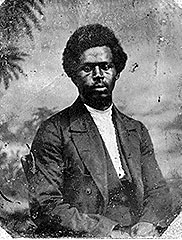
1817—Merchant, anti-slavery activist and “Back to Africa” advocate Paul Cuffee dies on this day in 1817. Cuffee had been born free in Massachusetts in 1759. Shortly after America’s war for independence from Britain, Cuffee and his brother built a boat and started a trading business. Over time, Cuffee became a wealthy man. However, he grew frustrated with America’s injustices against Blacks and became a “Back to Africa” advocate. On Dec. 10, 1815, he sailed a group of free Blacks to the West African nation of Sierra Leone to establish a settlement. The settlement rapidly became successful but on a return trip to the U.S. in 1817, he died.
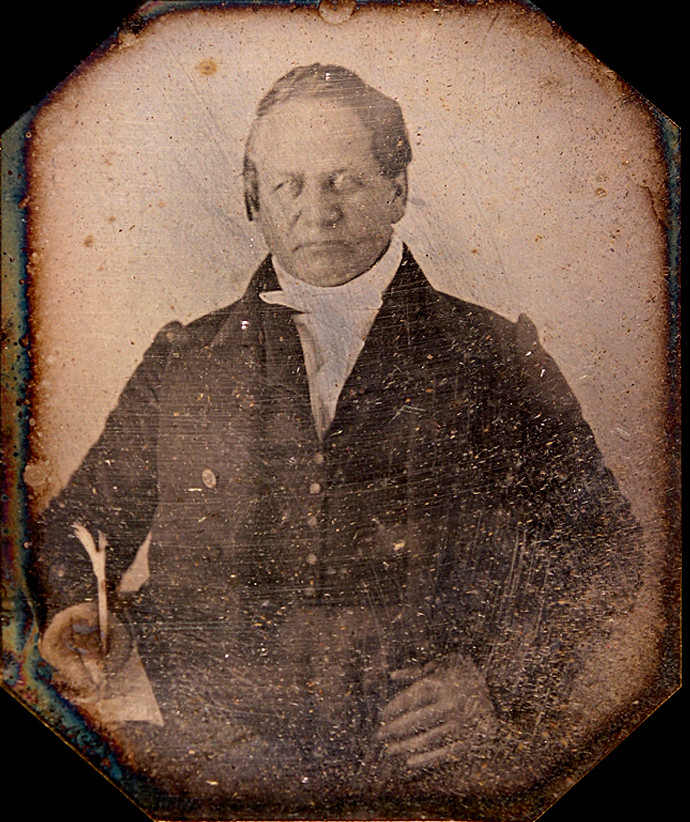
1817—This is the day that Alexander Lucius Twilight received his B.A. degree from Middlebury College and thus became the first African American college graduate. Twilight, born free in Vermont, would go on to become a Presbyterian minister and pastor at several churches.
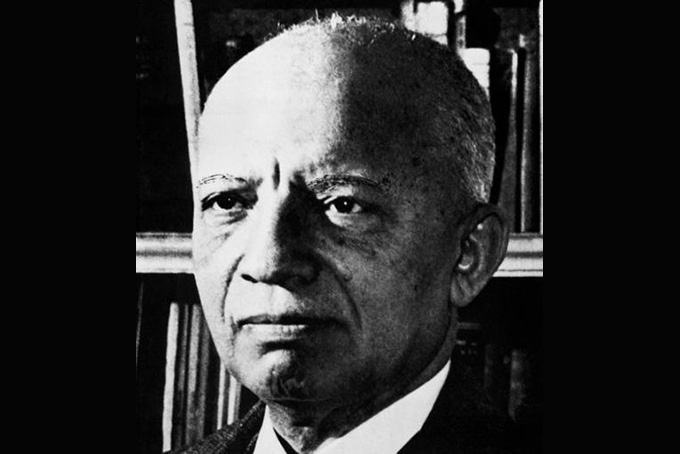
1915—The “Father of Black History,” Carter G. Woodson, leads the founding of the Association for the Study of Afro-American Life and History during a meeting in Chicago. It was originally called the Association for the Study of Negro Life and History. The organization became the nation’s leading organizing center for the dissemination of information on Black history. Woodson was also the founder of Negro History Week, which grew into the current day Black History Month.
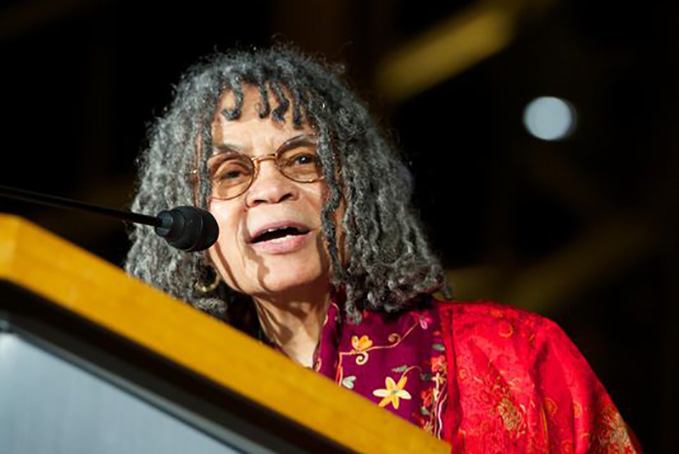
1934—Renowned poet Sonia Sanchez was born Wilsonia Benita Driver on this day in Birmingham, Ala. She has authored more than a dozen books of poetry and has been a professor at several American universities. Sanchez joined the Nation of Islam in 1972 but left in 1975 following a dispute over the issue of women’s rights.
-
SEPTEMBER 10
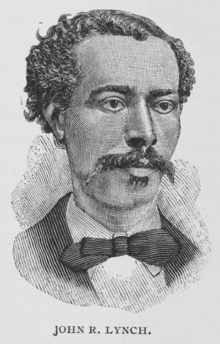
1847—John Roy Lynch is born into slavery on this day near Vidalia, La. Lynch would be among the first group of Blacks to serve in the United States Congress after slavery. He represented the state of Mississippi. Lynch would even serve as temporary chairman of the Republican Party National Convention. During this period, the Republicans were the more progressive and friendly-to-Blacks party. But as the period of Reconstruction faded and Southern politicians made it virtually impossible for Blacks to remain in political office, Lynch moved to Chicago and practiced law. He died in 1939 at the age of 92.
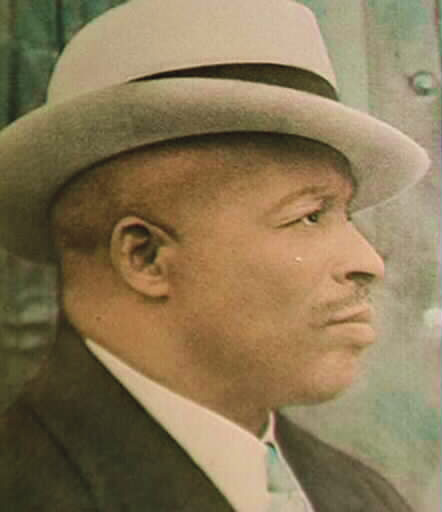
1965—Father Divine dies in Philadelphia, Pa. From about 1910 to his death in 1965, Father Divine was Black America’s foremost spiritual and cult leader. Indeed, he claimed to be God and his full self-given name was Rev. General Jealous Divine. Critics called him a charlatan and a religious scam artist. But initially as a traveling preacher and then from a base in New York City, Divine built his small church into the International Peace Mission—a large mass congregation with members and churches throughout the United States and several foreign countries. Little is known about his background, but he was probably born in Georgia and his real given name was probably George Baker. During his heyday, Divine’s only serious competition was another Black spiritual-cult leader by the name of Daddy Grace.
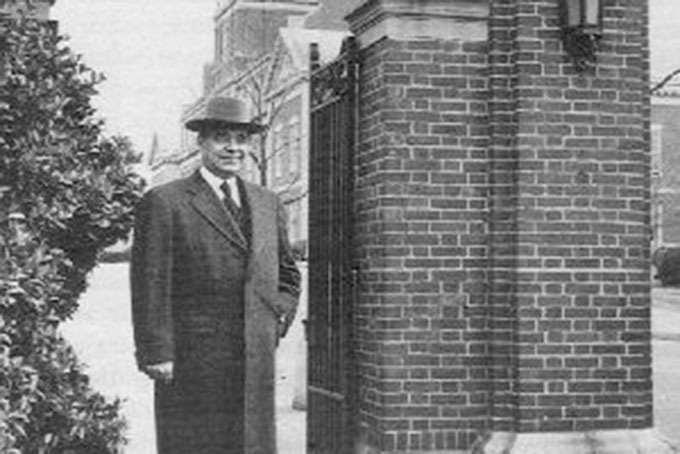
1976—Mordecai Johnson, the first Black president of historic Howard University in Washington, D.C., dies. He was one of the nation’s foremost educational leaders. He was 86 when he died.
